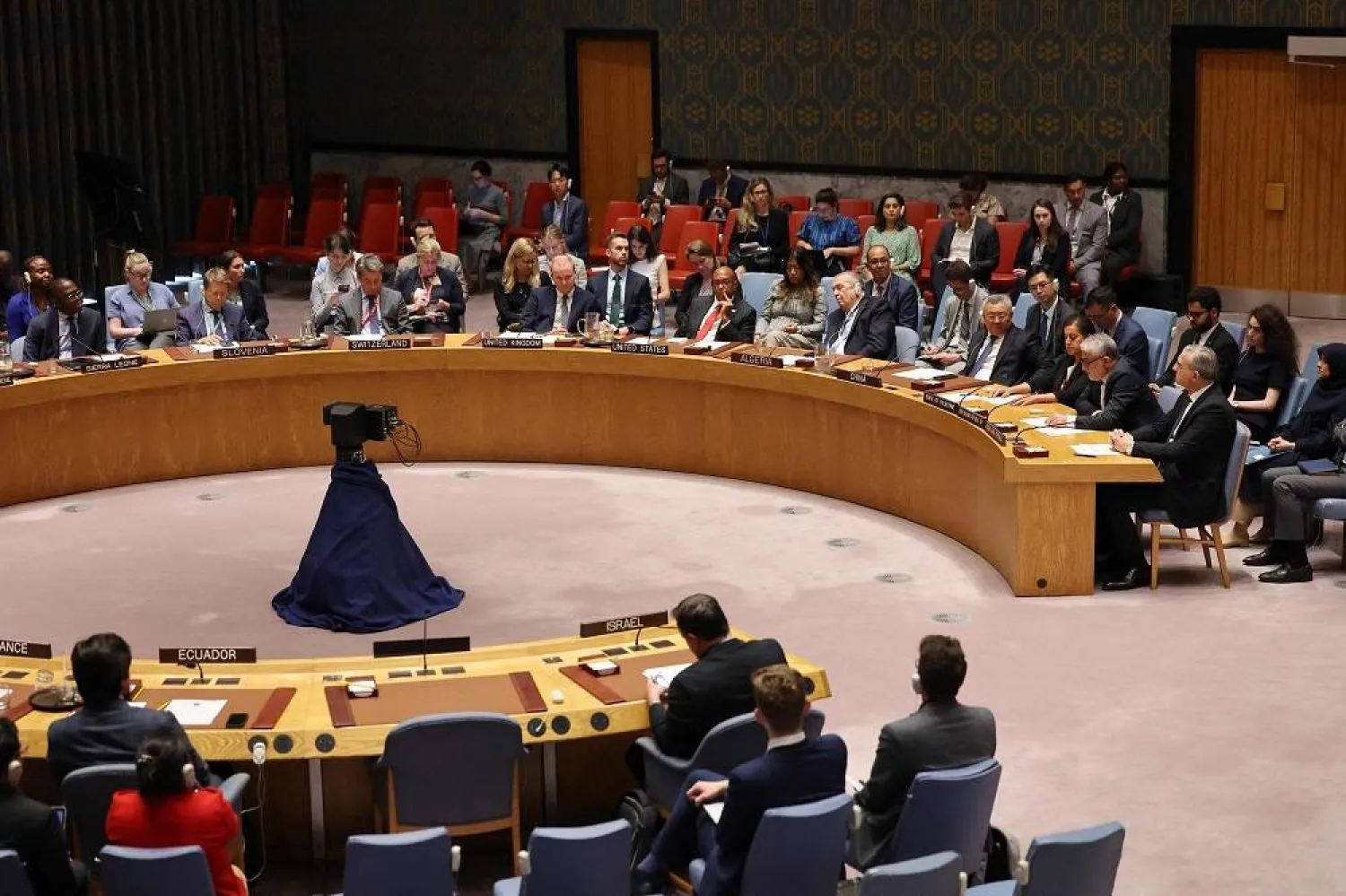United Nations Security Council countries on Wednesday called for stepped-up diplomatic efforts to avert a wider Middle East conflict after the killings of two militant leaders raised tensions.
Hamas leader Ismail Haniyeh was assassinated in the Iranian capital Tehran early on Wednesday, sparking threats of revenge against Israel and fueling concern the Gaza conflict was turning into a wider Middle East war.
The assassination occurred less than 24 hours after Hezbollah's most senior military commander was killed in an Israeli strike on the Lebanese capital Beirut in retaliation for a deadly rocket attack in the Israeli-occupied Golan Heights.
"We fear the region is at the brink of all-out war," Japan's deputy UN representative, Shino Mitsuko, said on Wednesday, urging international efforts to prevent such a conflict.
China, Russia, Algeria and others condemned Haniyeh's assassination, which Iran's UN ambassador called an act of terrorism, while the US, UK and France raised what they said was Iranian support for destabilizing actors in the region.
Fu Cong, China's ambassador to the UN, said failure to achieve a ceasefire in Gaza was responsible for worsening tensions.
"Countries with major influence must put more pressure and work more vigorously ... to put out the flames of war in Gaza," he said.
Britain's UN Ambassador Barbara Woodward urged calm and restraint, reiterating a call for an immediate ceasefire in Gaza. She said Israel and Hamas needed to recommit to a peace process that would result in a two-state solution with a secure Israel and a sovereign Palestinian State.
"The path to peace must be through diplomatic negotiations. Long-term peace will not be secured by bombs and bullets."
Robert Wood, deputy US ambassador to the UN, called for members of the Security Council with influence over Iran "to increase pressure on it to stop escalating its proxy conflict against Israel and other actors."
Iran's UN Ambassador Amir Saeid Iravani said Tehran has consistently exercised maximum restraint but reserved its right to respond decisively. He called on the Security Council to condemn Israel and punish it with sanctions.
Israel's deputy representative to the UN, Jonathan Miller, called on the Security Council to condemn Iran for support of regional terrorism and increase sanctions on Tehran.
"We will defend ourselves and respond with great force against those who harm us," Miller said, calling on the world to support Israel.









